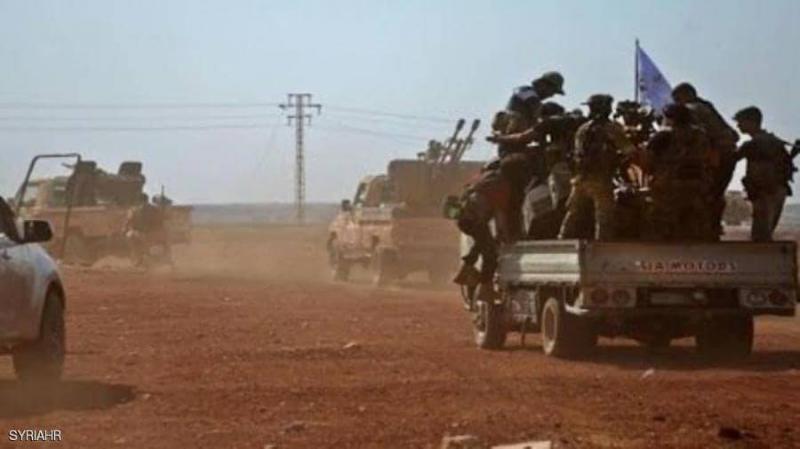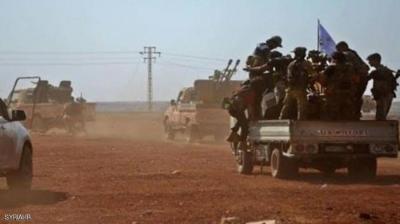Less than 48 hours after a drone attack near the U.S. consulate in Erbil, the capital of Iraq's Kurdistan region, the Pentagon announced on Monday that the United States conducted airstrikes against Iranian-affiliated militia targets in the border region between Iraq and Syria. The U.S. Department of Defense stated that this attack is aimed at eliminating threats and in response to a series of attacks directed against "U.S. interests" in Iraq. The Pentagon emphasized that the strikes targeted weapon depots and facilities used by several groups, including "Kataib Hezbollah" and "Kataib Sayyid al-Shuhada."
In response, Iranian-affiliated factions launched artillery shells at a U.S. military base in the Al-Omar oil field in Deir ez-Zor, eastern Syria, according to the Syrian Observatory for Human Rights. A U.S. military spokesperson confirmed that American forces in Syria were targeted by rocket fire. Colonel Wayne Marotto tweeted that the attack occurred at 7:44 local time. Following this, the U.S.-led international coalition targeted the city of Al-Mayadeen, controlled by Iranian-backed militias, with "heavy artillery."
Commenting on the U.S. strikes on Popular Mobilization Forces (PMF) and potential Iranian response scenarios, political analyst Ali Baidar stated in an interview with Sky News Arabia: "These attacks come within the context of containing the threat posed by PMF groups to U.S. forces in Iraq, especially after the recent military parade by the PMF, which showcased its military strength and capabilities. There is a systematic and not hidden American plan in this regard, to trim the influence of these Iranian-affiliated armed groups in Iraq."
Baidar added, "The PMF militias are unable to respond extensively to the U.S. attacks on their bases today; they cannot engage in an open confrontation with a military power like the U.S. military. They are also experiencing a state of weakness and withdrawal, to the extent that many Iraqi social and political forces that were close to them have begun to distance themselves from the PMF." He continued, "If there is any major escalation from these militias against U.S. targets in Iraq in retaliation for today's attacks, they and their backers across the borders know that Washington's response will be harsh and devastating. Therefore, I do not expect any wide-ranging reactions after the U.S. attack; instead, we will likely witness mere verbal bravado against the ‘Great Satan’ and possibly a limited military response for the sake of saving face."
Baidar further noted, "In this context, the attack by Iranian militias on a U.S. military base in eastern Syria on Monday evening and the subsequent U.S. bombardment of the Syrian city of Al-Mayadeen, where these militias are stationed, are part of this cycle. In my opinion, this cycle of action and reaction will likely conclude at this point due to the U.S. strikes, but the struggle will naturally remain ongoing, and we will undoubtedly witness further rounds in the future."
For his part, a Kurdish military source told Sky News Arabia: "Washington’s strikes following the attack on its consulate in Erbil send a reassuring message to us in Kurdistan, that we are not alone in confronting ISIS or the sectarian militias associated with Iran. We hope this U.S. response contributes to curbing and stopping the recurrent attacks on the Kurdistan region, particularly on its capital, Erbil."
These U.S. strikes come at a time when news of drone attacks has become an almost daily occurrence in Iraq, carried out by Iranian-linked militias against Iraqi and U.S. military and civilian interests. Recently, U.S. military leaders described the threat posed by drones to American soldiers in Iraq as the largest source of concern and threat to their mission there. The Pentagon confirms that efforts are ongoing to develop defensive systems to contain the threat of drones, as the U.S. administration finds itself facing a different kind of military threat in the Iraqi arena represented by the drones, prompting it to enhance its deterrent capabilities in this area.




